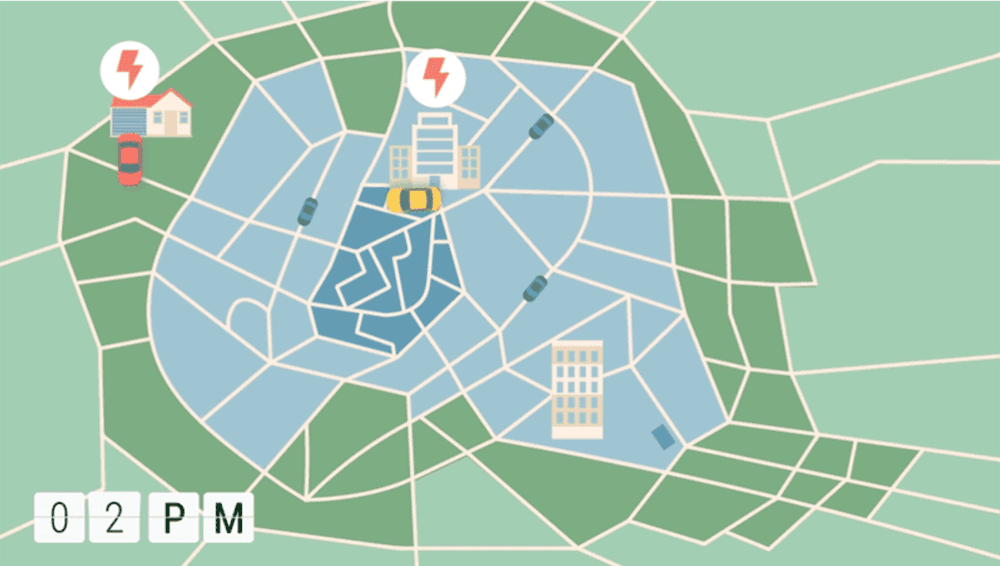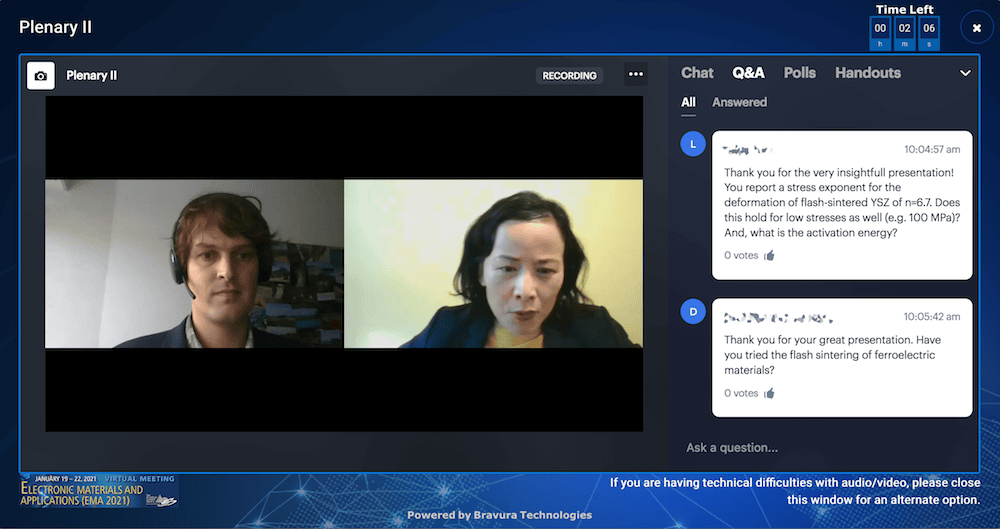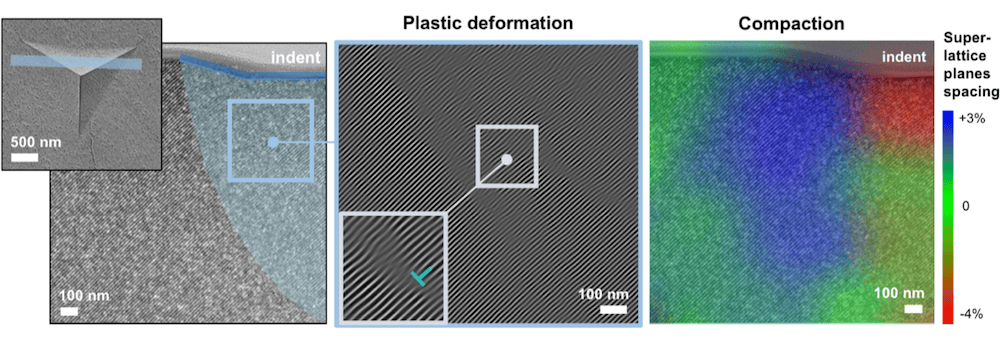Posts by Lisa McDonald
Recycling robot aims to generate separate material waste streams, right in your kitchen
Challenges with recycling systems have resulted in a dead end for many materials. But a new robotic kitchen concept called Lasso has a solution—the appliance can clean, sort, process, and store recyclable materials, generating highly pure recyclable waste streams right at their point of use.
Read MoreVideo: Fish-inspired robots coordinate movements without any outside control
Autonomous robots, which can perform tasks with little to no human intervention or interaction, are desirable in a variety of applications, including spaceflight, household maintenance, and delivering goods. Researchers at Harvard University developed fish-shaped robots called Bluebots that can autonomously self-organize in water, which may be useful for environmental monitoring.
Read MoreOther materials stories that may be of interest
Novel ink to 3D print bone, energy saving ceramic phosphors, and other materials stories that may be of interest for February 3, 2021.
Read MoreStrategic charging infrastructure can lead to strong electric vehicle ecosystem
Developing an electric vehicle ecosystem is about more than just manufacturing cars—you also need to build the infrastructure necessary to support such a system. Massachusetts Institute of Technology researchers published a paper focusing on two potential solutions for supporting electrification: expanded charging infrastructure and access to supplementary long-range vehicles.
Read MoreACerS announces 2021 slate for President-elect and Board of Directors
ACerS is pleased to announce the 2021 slate for the President-elect and Board of Directors positions as proposed by the…
Read MoreCeramic and glass business news of the week for February 1, 2021
Philippines set sights on hydrogen, Thermcraft celebrates its 50th anniversary, and more ceramic and glass business news of the week for February 1, 2021.
Read MoreECD announces best poster awards from ICACC 2020
The Engineering Ceramics Division has announced the Best Posters from the ICACC 2020 meeting held last January in Daytona Beach,…
Read MoreElectronics Division names best student posters and presentations from EMA 2021
The Electronics Division presented awards for outstanding student work during the January 2021 Virtual Conference on Electronic Materials and Applications.…
Read MoreACerS virtual meetings start the year strong with Electronic Materials and Applications Conference 2021
The 12th annual Electronic Materials and Applications Conference (EMA 2021) took place virtually on Jan. 19–22, 2021. A record number of registrants tuned in for a week of presentations, networking, panels, and awards.
Read MoreExploring ways to design on the nanoscale: Researchers develop strong and deformable organically linked supercrystals
Organically linked supercrystals are an emerging type of nanocomposite that could prove useful in next-generation electronic devices and as biomimetic structural materials. Researchers led by the Hamburg University of Technology in Germany have conducted several studies on these materials, with the most recent one exploring its deformation mechanisms.
Read More





